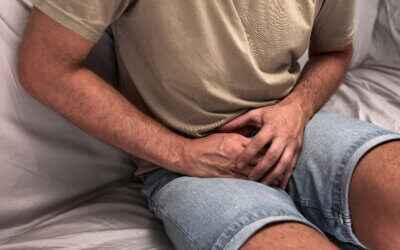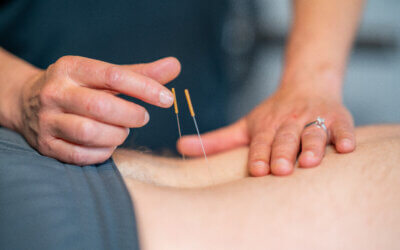Falls are a more common, and more serious, global health problem than most people think. According to the World Health Organization, over 37 million falls occur each year that are severe enough to require medical attention. After vehicle traffic incidents, that makes falls the second most common cause of accident-related deaths in the world. While most falls are not deadly, they can still be a cause for concern. A bad fall can result in injury severe enough to miss work or school, require hospitalization, or cause permanent disability.
Who is most susceptible to slips, trips and falls?
While anyone can be injured by slipping and falling, some people are at higher risk than others. This can be due to a variety of factors, but most commonly include:
- Older adults — Roughly 1 in 4 aging adults fall every year. A loss of vision or hearing, muscle weakness, poor balance, as well as side effects from common medications are often to blame for falls in people 65 years of age or older. Falls among older adults can often lead to a loss of independence, due to limiting activity and fear of serious injury.
- Workers in hazardous jobs — Work-related falls are incredibly common. Among workers in 2019, over 240,000 were injured badly enough from a fall to require days off work. While falls are more common in hazardous jobs such as construction, even nonhazardous jobs can pose a risk of slips, trips and falls if proper safety protocols are not followed. Ignoring safety procedures and protocols may be the most common cause of slips, trips, and falls in the workplace.
How can slips, trips and falls be prevented?
The most common cause of slips, trips and falls is almost always an unsafe environment, whether it is the home or the workplace. Following all safety precautions when using equipment such as ladders and scaffolding can greatly reduce the risk of a fall. Immediately cleaning up spills and removing clutter can also help you prevent yourself and others from slipping and falling. Preventing slips, trips and falls before they happen can save you and others from potentially long-lasting pain and suffering, and can possibly save a life.
I injured myself during a slip, trip or fall. What can I do?
If you find yourself experiencing a fall resulting in injury, seek medical attention immediately. It may be that your injury is severe enough that you may have to miss work or school while you recover. Some injuries, such as a severe ankle sprain from a fall, can take up to six months to heal.
However, physical therapy can often help you back on your feet faster. One study showed that patients who underwent a multitechnique physical therapy plan were able to regain 87% of their normal ankle function within just four weeks.
At Continuum Wellness, our physical therapists are ready and willing to help treat slip-, trip- and fall-related injuries. Contact our team today for more information on our services or to schedule an initial appointment.



